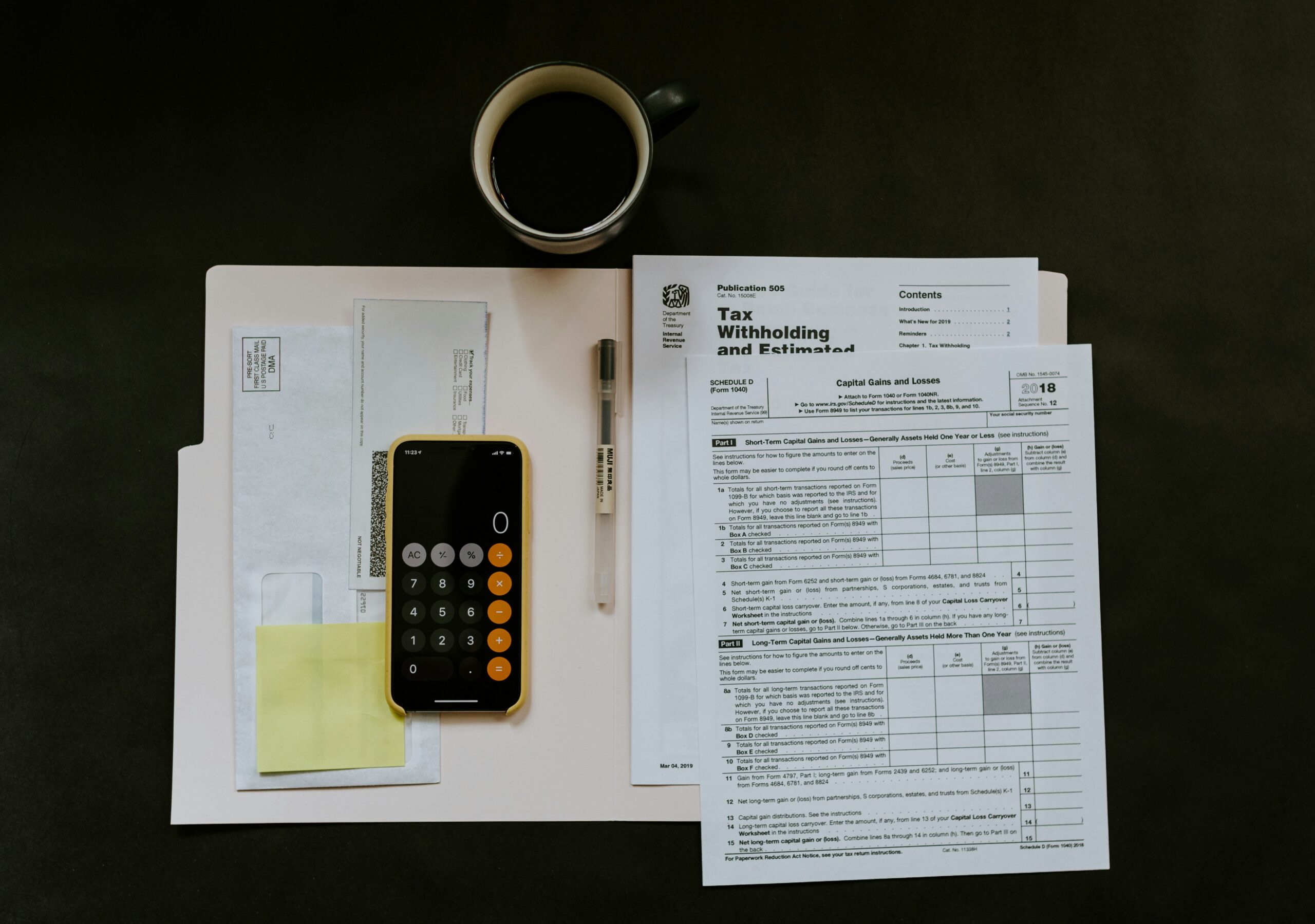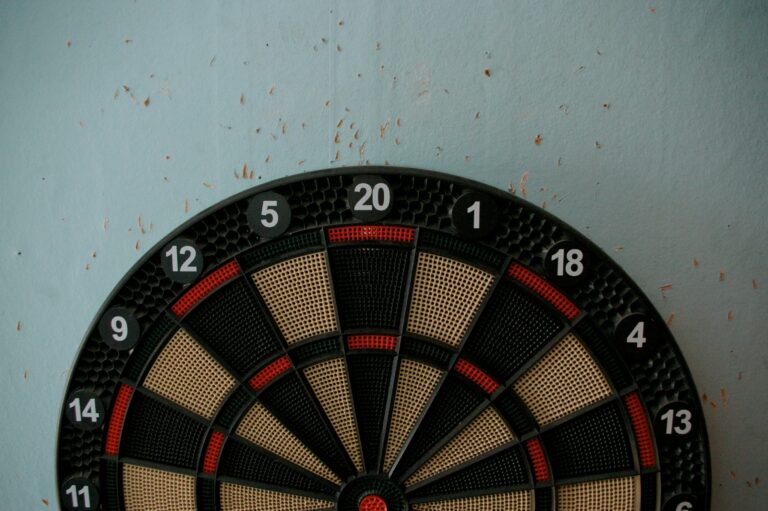
Maintaining financial discipline is one of the best things you can do for yourself. When you’re financially disciplined, you are better able to manage your finances. You know where each penny goes, or at least you can account for most of them.
You can also better plan for your future, your family, and other charitable causes you want to help. Many people, however, leave their financial life on autopilot.
Others also go with the flow without asking questions. They jump at every investment opportunity, they buy on a whim, and they rely on luck and chance to keep things going.
The end of those moves is usually not pretty. To avoid that, you want to maintain a great deal of financial discipline.
Without financial discipline, you’ll struggle financially
Many financial struggles individuals face are due to a lack of financial discipline.
Yes, the system has put some people at a disadvantage, and it’s harder for them to climb out of financial holes. For such people, even the best financial discipline tips can only do so much.
But others would have been fairly well-to-do with more discipline in their financial lives. They were not born in poverty, nor did they inherit any systemic financial challenges.
Yet they’ve landed in deep financial trouble. They owe most of their financial difficulties to a lack of financial discipline, and these tips could help.
If you’re close to the latter, here are some tips to help you handle your money like a finance expert.
Automations
Savings, long-term investments, and other payments are easier when you automate those activities. Study after study has shown that you’re more likely to achieve financial discipline when you automate the many tasks around your finances.
Naturally, you want to reduce the steps to take these actions. The more effort required to do something, the less inclined people are to do it.
Automations also make it easier for you to track your financial activities. If you’re not already automating some aspects of your financial life, start today. Talk to your bankers or financial advisor.
Pay yourself first
You often hear people running out of money before the next paycheck arrives. While some people earn way too little, others earn a decent amount but still set nothing aside.
If you’re in that camp, you need a little discipline in the form of paying yourself first.
You want to pay yourself first before many other expenses jump at you. If you always put yourself last, you will end up having nothing left. Paying yourself first could mean putting aside money for a rainy day or to meet an investment goal.
When you set that amount aside, you then try to live on the remainder.
Compulsory financial education
Very few people understand some basic personal finance and investment concepts. And if you know too little about how money works, you would struggle to make it work for you.
To increase your financial discipline, get some financial education.
Your age or prior field of expertise doesn’t matter; financial education is a requirement for everyone who earns and spends money. It will teach you a lot about money, debt, and investments.
With the help of the internet and the large amounts of massively open online courses available, there’s no excuse for you not to teach yourself some basic finance principles.
It’s too expensive to stay ignorant, and you can’t afford that.

Avoid lifestyle creep
Lifestyle creep is a situation where your expenses tend to increase as your income grows. You need a high level of financial discipline to avoid lifestyle creep.
But once you master that, you’ll be on your way to a better financial future.
Avoiding lifestyle creep means living within your means and not letting every latest release of your favorite toy tempt you to upgrade. Avoiding lifestyle creep means trying not to be like everyone else. These options are often evident in what people eat, wear, or drive.
Failing to stick to this level of discipline, you could outspend your income, or, as many people do, rack up high-interest debt.
Even if you may not fall into these dangers, lifestyle creep could reduce how much you can put into an emergency fund or long-term investments.
Review your finances regularly
Another way to maintain financial discipline is to review your finances often. Some elements to review include your sources of income, savings accounts, investment amounts, bank charges, balances, insurance premiums, and tax rates.
You also want to review your budgets and how well you’re able to stick to them.
Some of this isn’t fun, but doing it will help you to see where your money comes from and where it goes, or how it’s growing. Very few people take the time to do this, and that’s where you need a massive dose of financial discipline to do it. How often should you do this? As often as you can. Monthly or quarterly are good enough.
If you can do it weekly, so much the better.
Everyone requires financial discipline to stay the course. While you can’t implement all of these tips immediately, ensure you’re doing at least three of these.
Or at least you plan on adopting some of these tips to help you increase your financial discipline.
Good luck trying to build some discipline to help you better manage your finances.
Image credits:
Photo by Adeolu Eletu on Unsplash



Leave a Comment